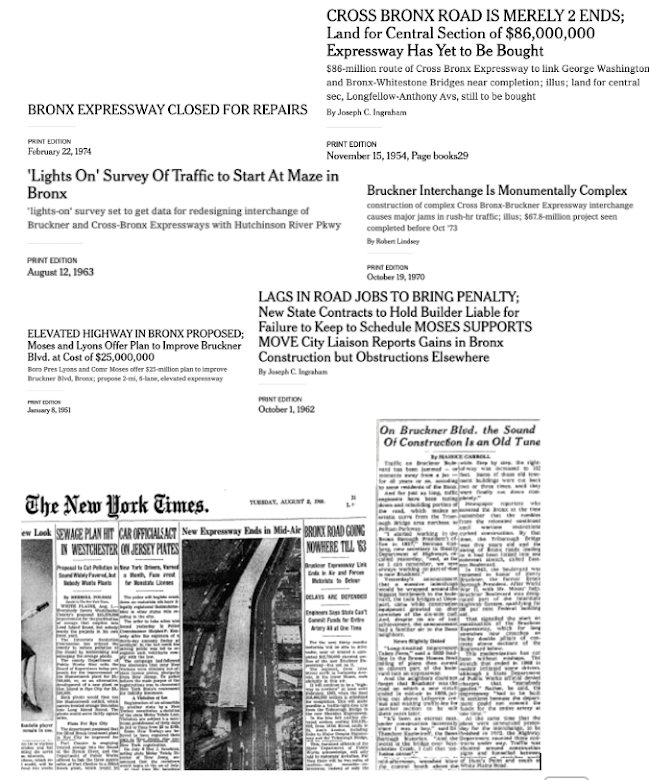Friday night, late, in the wake of the collapse of Silicon Valley Bank, I got about 900 text messages from various people looking to me, of all people, for reassurance that the world isn't coming to an end.
Some of them worked for companies that had their payroll deposited in SVB. Some worried about other accounts at SVB. Most worried about collateral damage. Other banks going down. Wall Streeter plummeting from high-floors. And of course, poor brown and Black people getting the worst of it all while the megarich get barred from doing business for 18 months, are fined two-week's salary and then spend a few months on a verdant Caribbean island. All on the condition that they're not forced to admit any wrong-doing.
Most systems, businesses, relationships and other social organizations are sustained, in part, by confidence. Once confidence dissipates or evaporates, it's easy to see even giant billion-dollar entities as little more than the shakiest house of cards. I've seen this at agencies. In about a year they can go from an upholder of the Fortune 50 to paying workers 50-cents on the dollar.
When I was about ten and reaching a certain understanding of the news that was played on the radio, there were dour reports that the mob had supplied the Bruckner project with sub-standard concrete. Both to better squeeze greater profits from the project itself, and as an annuity of sorts. The Bruckner, because it was so shoddily constructed, would always need to be under repair. That's good for union jobs and for those who skim off the top of union dues.
Cheap construction never stops charging. As do most things cheap. (Buy some street-meat next time you're in the city and see how it keeps, gaseously, making you pay.)
Of course, being ten or so, I misunderstood a lot of this. I pictured overpasses collapsing as we were driving over them in my father's 1951 Studebaker. Plummeting to my death, to date, hasn't happened. What has happened is this: the Bruckner is still under construction today. And will be well after I am buried and dead. Yes, in that order.
This digression has a point.
It's hard to build things that last.
The hard way is expensive, slow and demanding. It's often not-acceptable to shareholders who want their money now like a slobbering loanshark.
The easy way promises a lot and delivers plasticine dreams and potholed realities.
The advertising business over the last twenty-years has looked to the easy-way as the right way. Half of the new media discussions I've sat in since the rise of computers, data and digital, promised ineluctable results with very little investment. We'd have amazing results, fully-measurable, from essentially free media. Why spend money on media, when you can use "owned" and "earned."
What's more, once an advertiser's hooks, or canines, were embedded in a consumer's wallet, they couldn't be wrested away. That person was attackable and vulnerable forever.
As Napoleon might have said when his Grande Armee was forced from the edges of Moscow in 1812, leaving tens of thousands of his snarling Frenchmen shivering to death in the permafrost, "well, that didn't work out."
About every three days, someone somewhere heralded the advent of yet another, 'this will change everything' (ir)reality. So many people believed advertising and marketing could produce what I'll call a "Tuesday-Thursday-Causality." That's my nomenclature for those who believe that success can be quick and predictable and planned.
Real success in any endeavor is not easy and never will be. Like the ancient story of the Three Little Vegetable-Based Porcine Protoplasm Entities, it is harder and more expensive to build a dwelling out of bricks than out of straw. And if you're bonus is calculated quarter-to-quarter, straw looks like the wise fiduciary choice.
The story applies to advertising not just children's sleep habits.
The trend in everything now is a pernicious short-termism. There are virtually no more Agency of Record relationships. Most everything is project-based.
We look to huff creativity like delinquents huff glue. We look for a quick high rather than a solid foundation. Another metaphor might do. We propagate the advertising equivalent of "wham, bam, thank you ma'am."
During World War II in Hawaii, thousands of soldiers looking for a schlong-specific release could pay a couple bucks for literally three-minutes of well-clocked sex. That had its place, I suppose, if you're 18 and about to die on Iwo Jima, you might try to get your two-dollar's worth of pre-death euphoria.
But it's no way to build something you hope will last.
At GeorgeCo., LLC, a Delaware Company, I've had a number of quick hits. A client has their back up against a wall and wants to rent my brain and both my typing fingers to construct a beacon for their business. Fortunately, about 80-percent of my revenue, touch-polyethylene, comes from ongoing repeat business.
Not only does that allow me and my client-partners to build something longer-lasting, it helps us think more than the next insertion order or trade show. It allows me a deeper understanding of both the company paying me, their offerings and the clients they seek to serve.
Just as cotton candy is the apotheosis of empty calories, and the brothels I described above are, perhaps, the apotheosis of empty sex, a lot of what's happening in the world today is empty brand building, empty marketing, empty advertising.
You can only run on empty for so long.
Before you're stranded in the middle of nowhere.
I worry that our entire world is built on a foundation of empty calories and cotton candy.
Ergo.
That empty feeling.


No comments:
Post a Comment